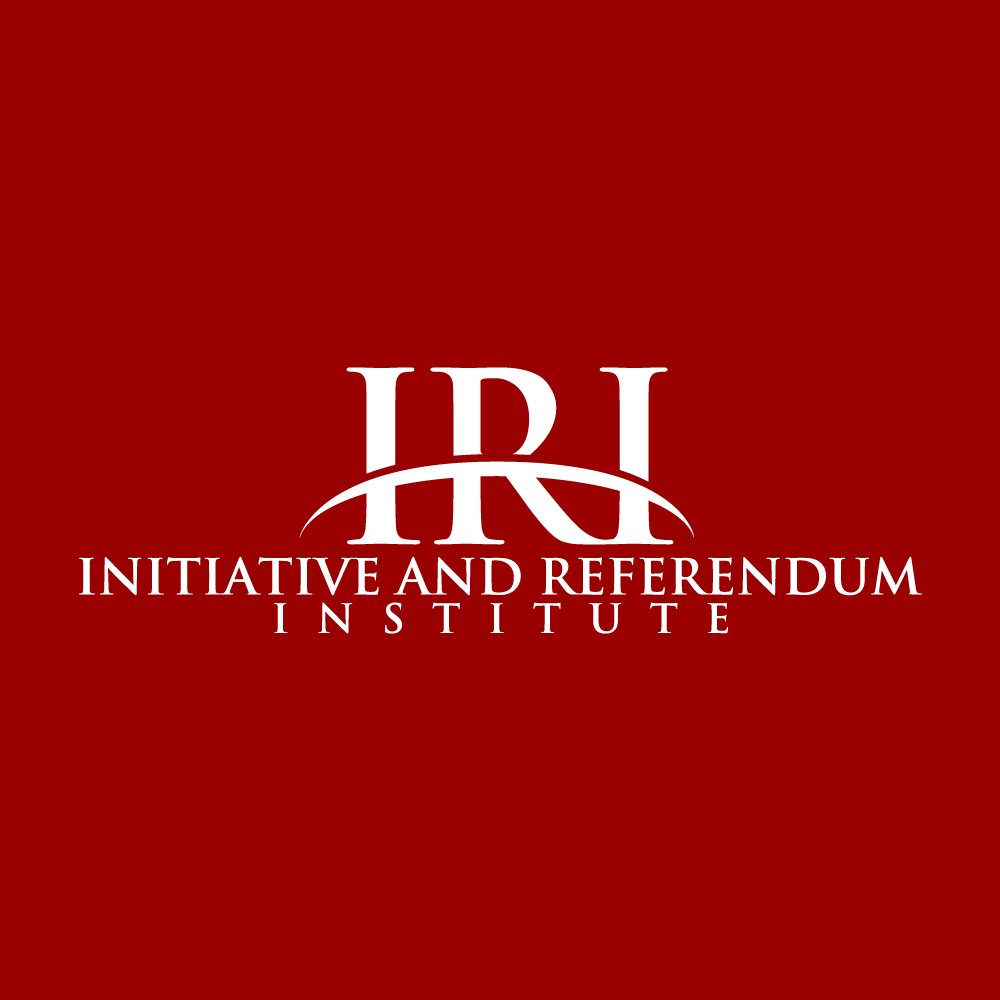Utah
Utah was the second state to win statewide initiative and referendum, passing its amendment through the legislature in 1899 and ratifying it by popular vote in 1900. The man most responsible for this early victory was State Representative Sherman S. Smith of Ogden, the legislature's "lone Populist." But another I&R advocate, Henry W. Lawrence of Salt Lake City, wondered whether the legislature would pass reasonable implementing legislation: "The great trouble now will be to get the Legislature to adopt legislation to...make it [I&R] effective, as our Legislature will be Republican and no doubt generally opposed to the principle."
Lawrence's concern was on target. Sixteen years later, I&R advocates were still waiting for the legislature to pass an implementing law. Finally, in 1916, they organized the Popular Government League of Utah to lobby for such a law. Its officers were Parley P. Christensen, president; Dr. Grace Stratton-Airey, vice president; and Parker B. Cady, secretary-treasurer.
The legislature reluctantly passed an implementing bill, but it was worthless: among other restrictions, it specified that anyone signing a petition to put an initiative on the ballot had to sign "in the office and in the presence of an officer competent to administer oaths." The reformers were outraged. The law effectively prohibited initiative sponsors from circulating petitions. After World War II, the restrictions finally were eased, but it was still not easy to put an initiative on the ballot.
In 1960, Utah voters approved a statewide initiative for the first time. It established a merit system procedure for hiring and employing county deputy sheriffs, thus ending the corrupting patronage system.
Over the years, the animal protection movement was very active in Utah - putting fear in the hearts of hunters. Out of fear of how the animal protection groups would use the initiative process, pro-hunting groups began a crusade against the initiative process. In 2000 they were successful in convincing the state legislature to drastically curb the initiative process by increasing the distribution requirements for initiatives and also requiring that animal protection initiatives must pass by a two-thirds vote of the people.
See David Schmidt, Citizen Lawmakers: The Ballot Initiative Revolution (Temple University Press, 1989).
